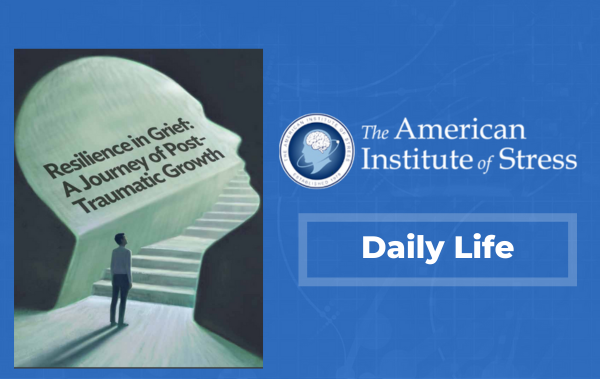 As the country surpasses the six-month mark of living with coronavirus, many of us feel fundamentally stuck – physically, socially, and mentally. We are isolated, tackling grief and mortality issues, and it feels like this track we’re on is never-ending. Many people are experiencing symptoms of traumatic stress. These may come in the form of anxiety, depression, sleep disruptions, or hypervigilance. Anger, fear, and avoidance may surface more frequently. In any drawn-out trauma, the six-month slump is a regular occurrence, and there are ways of managing it.
As the country surpasses the six-month mark of living with coronavirus, many of us feel fundamentally stuck – physically, socially, and mentally. We are isolated, tackling grief and mortality issues, and it feels like this track we’re on is never-ending. Many people are experiencing symptoms of traumatic stress. These may come in the form of anxiety, depression, sleep disruptions, or hypervigilance. Anger, fear, and avoidance may surface more frequently. In any drawn-out trauma, the six-month slump is a regular occurrence, and there are ways of managing it.
The good news is that this phase of trauma, where it feels like everything is at an impasse, will end. Six months into this epidemic, we have learned to adjust our lives and meet our obligations in new ways. We have revamped grocery shopping, exercising, socializing, and even found new ways to attain happiness. This period of feeling stuck will pass naturally, and you don’t need to force your way through it, instead consider this time for you to create your next set of innovations for the coming months.
1. Shift Expectations
A key piece of moving through long-term trauma and adjusting to a new normal is shifting expectations. Your day-to-day life is different, and your mindset also needs to adapt. Help this process along by moving what you can off your plate. Complete the easy tasks on your list. Be kind to those around you. Meet your obligations and create opportunities for yourself to take little mental vacations. You may feel like you want to run away, so small escapes (like reading a book, taking a walk, listening to a guided meditation) are ways to build distance from the pressures of reality. This six-month wall, and this trauma, will not last forever. Shift your expectations to prioritize well-being and trust that this will pass.
2. Stay Connected
Right now, it’s crucial to our mental health and well-being that we stay connected to loved ones. Traumatic stress can leave us wanting to isolate ourselves, but that will only increase our anxiety. If in-person contact is not an option, send a letter or pick up the phone to call someone you care about. Send someone a gift, an email, or a text to let them know you’re thinking of them. Reaching out to others is reciprocal because it will positively affect not just yourself but those you contact. Human connection is an antidote in the face of stress, anxiety, and living in the unknown.
3. Post-Traumatic Growth
A growing field of trauma research highlights the positive outcomes of living through trauma. People can not only survive the trauma and come out the other side, but they can also come out more robust, more confident, and equipped to thrive. Living through trauma has been shown to strengthen desire and determination. Your senses can irritate as well as soothe, so create an environment that is comfortable and safe. Be mindful of media consumption, or even take media breaks on certain days. If it feels like your coping strategies aren’t working, make an appointment with a mental health professional. Make self-care a necessity, take one day at a time, and remember the power of resilience.
Choose Institute of Respect
The services Dennis Morris offers draw on his 30 years of experience helping clients cultivate and strengthen their leadership – as a psychotherapist, senior leader, executive coach, mediator, and educator. What sets him apart from other consultants is his expertise as a therapist and VP of Clinical Programs in behavioral health before becoming an executive coach for business and academic leaders.
Clients appreciate the professionalism he brings to the table, derived from the combination of his clinical background and his business consulting experience in corporate, academic, and nonprofit arenas. For a complete bio, visit www.instituteofrespect.com.






